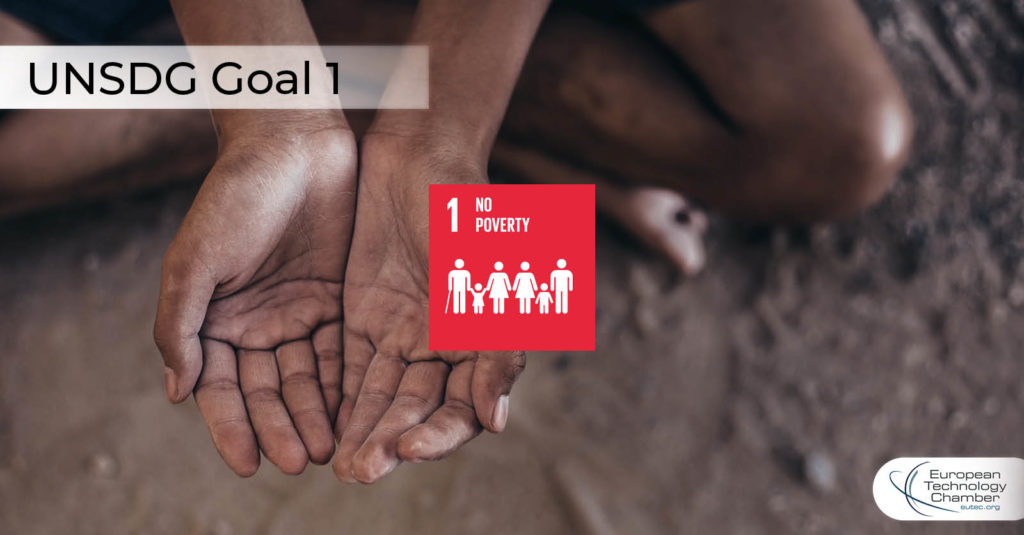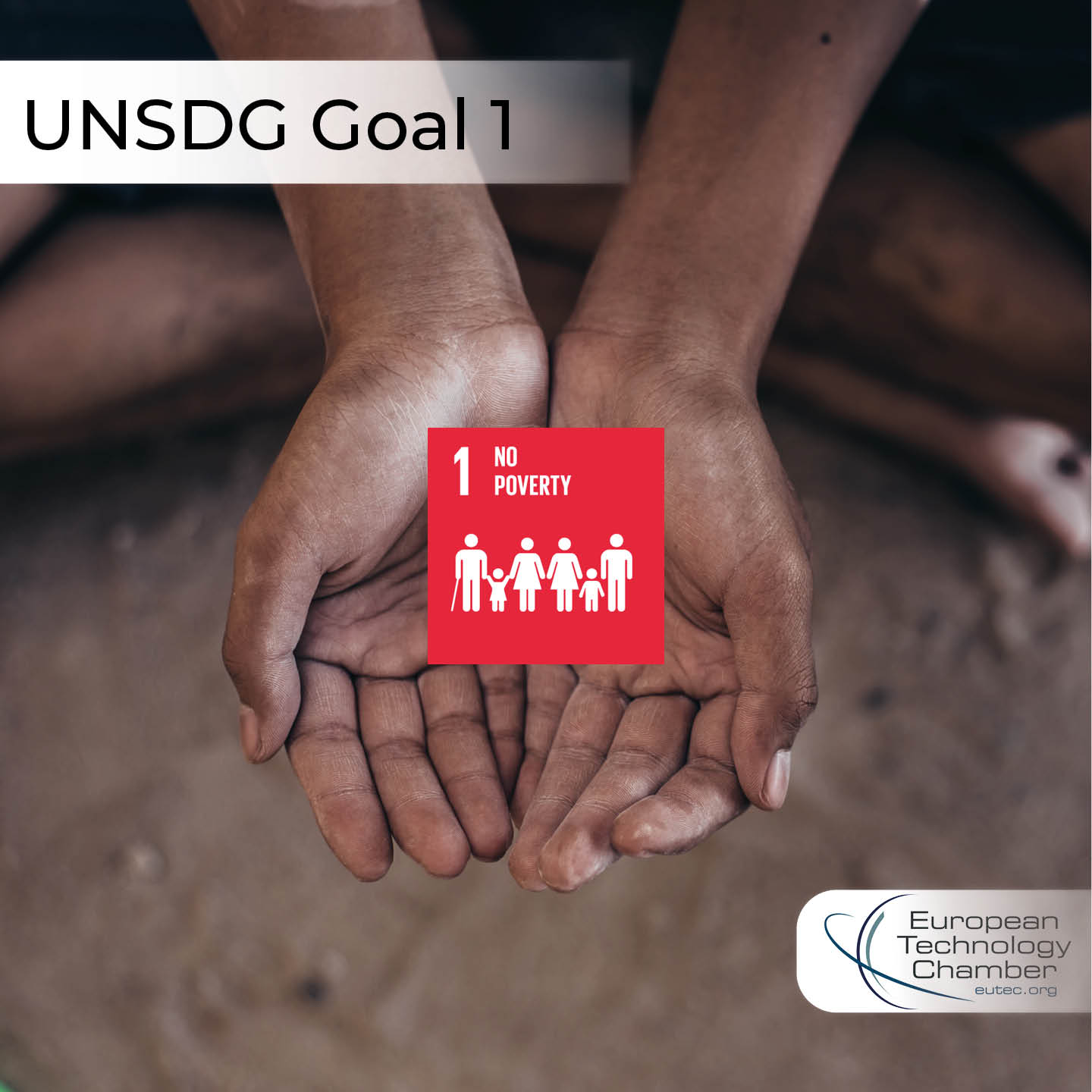
UNSDG Goal 1: No Poverty
In 2015, more than 700 million people, or 10 per cent of the world population, lived in extreme poverty, struggling to fulfil the most basic needs like health, education, and access to water and sanitation, to name a few. However, the COVID-19 pandemic is reversing the trend of poverty reduction with tens of millions of people in risk of being pushed back into extreme poverty – people living on less than $1.90/day – causing the first increase in global poverty in more than 20 years.
The private sector has a major role to play in determining whether the growth it creates is inclusive and contributes to poverty reduction. It can promote economic opportunities for the poor. The contribution of science to end poverty has been significant. For example, it has enabled access to safe drinking water, reduced deaths caused by water-borne diseases, and improved hygiene to reduce health risks related to unsafe drinking water and lack of sanitation.
Let us make joint efforts towards UNSDG Goal 1 No Poverty.

